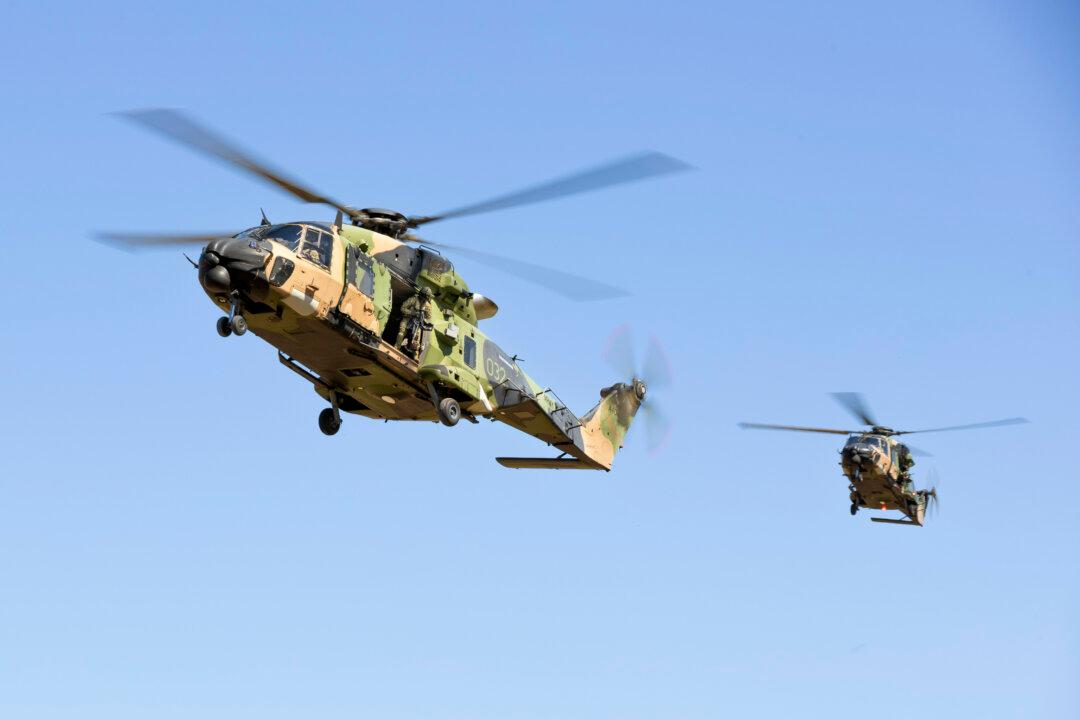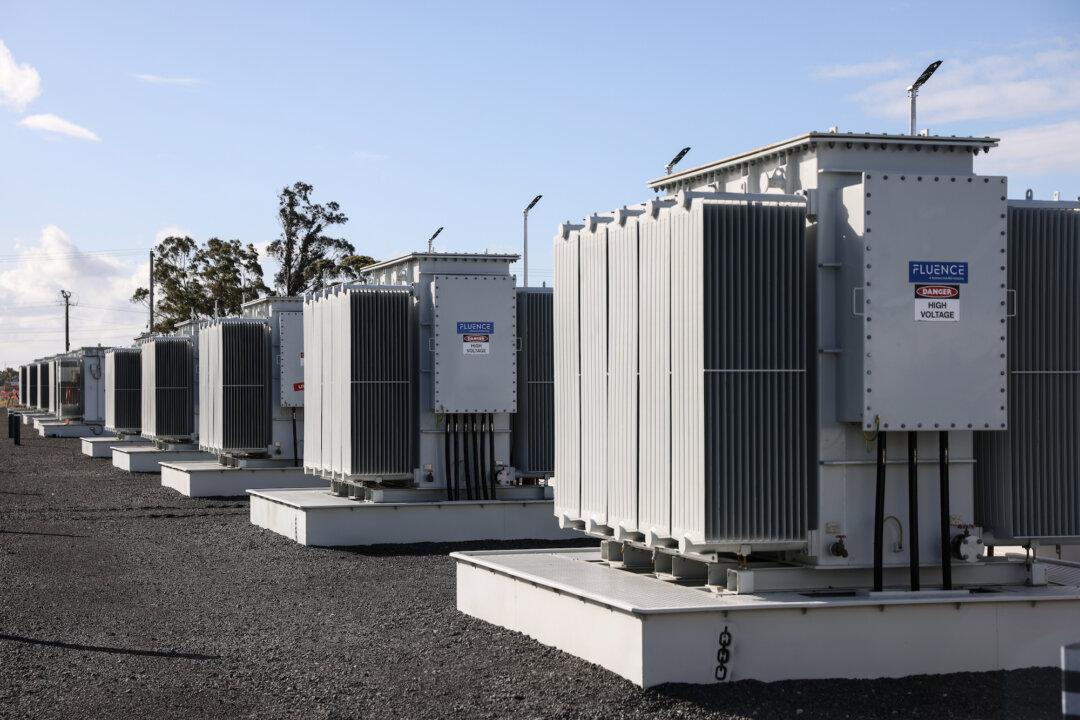The effectiveness of army vetting processes has been called into question after an Australian army private with access to classified files was arrested and charged with espionage on July 11.
Kira Korlev a 40-year-old soldier who worked as an information systems technician was arrested with her 62-year-old husband Igor Korlev over an alleged spying scheme targeted at the Defence Department.




